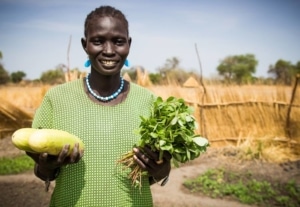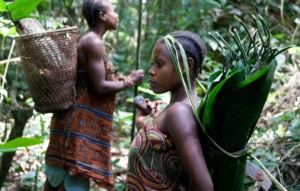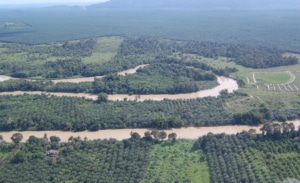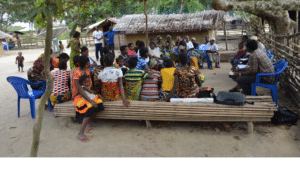Alliance for Food Sovereignty in Africa (AFSA)
Alliance for Food Sovereignty in Africa (AFSA) is a broad alliance of civil society actors working to promote food sovereignty and agroecology in Africa.
At A Glance
- Programme: Congo Basin, Biocultural Diversity
- Years Funded: 2020, 2021, 2022, 2023
- Ecosystem Focus: Rural/ Farmland
- Geographic Focus: Africa
- Website: https://afsafrica.org/
The Alliance for Food Sovereignty in Africa (AFSA) is a broad alliance of civil society actors working to promote food sovereignty and agroecology in Africa.
AFSA, founded in 2008, has a wide range of members including farmers movements, hunter gatherers, environmentalists, and consumer associations. AFSA seeks to influence policies which promote African solutions to food sovereignty, and a transition from increasingly industrialised agriculture to agroecology.
Its vision is:
• Africa developing just and equitable lifeways for people in harmony with nature;
• Africa continually harnessing and enhancing her traditional knowledge systems;
• African peoples controlling their territories, livelihoods and governance systems and related decision-making processes; and
• African peoples holding their governments and corporate powers to account for their legacy to the future generations.
AFSA has identified several challenges related to current food systems in Africa, such as community struggles for land and seed, natural resource degradation, climate change, food insecurity, and population health impacts from malnutrition. Behind these challenges are food systems driven by market interests instead of the interests of communities.
Synchronicity Earth is supporting AFSA through the Biocultural Diversity Programme to research what tools would be required to deliver just and sustainable food systems in Africa that are coherent across the continent, and to produce an inclusive African Food Policy.
AFSA advocates for an agricultural and food system that is centred around people, and which recognises that agroecology will be central in enabling Africa to deal with the challenges of food security, climate change, nutrition, and land and environmental crises.
Agroecology increases biodiversity, strengthens farmer innovation and sharing, manages pests, and feeds and builds the soil through nature-based practices. AFSA recognises the strength of small-scale food producers and calls upon African governments to build on these strengths in dealing with challenges such as ensuring food security and preventing land degradation.
AFSA builds the capacity of farmers to feed the soil, recognises that ecologically produced and nutritious food must be accessible to consumers, creates a platform to consolidate and coalesce the voices of African citizens on issues relating to food systems, and showcases how agroecology can be a solution to the challenge of climate change in Africa.



















